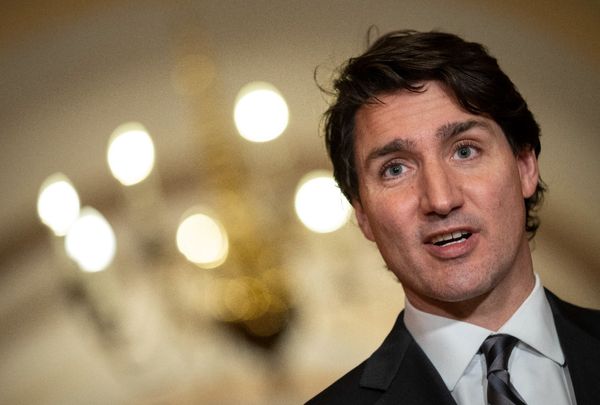
There’s very little time for Scott Morrison to turn around his government’s well-earned reputation for incompetence.
The rapid antigen tests debacle, on top of the vaccine strollout and Morrison’s hapless inability to address major supply chain problems over summer, has damaged not only the prime minister’s image but the government’s overall standing. While state governments continue to enjoy voter support, Morrison’s government badly trails its opponents — with an election looming.
Reversing perceptions that have been entrenched for more than 12 months is likely to take more than the eight to 10 weeks that remain before the election is called. But there are some things Morrison can do to at least convince voters he’s interested in overseeing a government of greater competence if he wins in May.
First would be to announce a pandemic royal commission covering the Commonwealth’s performance in response to the crisis, led by a respected former judge, a former senior health professional and a former senior bureaucrat.
As the government’s response to both the banking and aged care royal commissions demonstrates, calling a royal commission doesn’t mean you have to follow all its recommendations — even when you say you will. But any embarrassment arising from the proceedings of the royal commission would be in the first 12 months of a new term of government, minimising the political risk.
Second is an overhaul of his office, which is unimaginative, unsubtle and focused purely on politics.
Prime minister’s offices should not echo the weaknesses of their PM, but should make up for them, bringing expertise, skill and substance where the leader lacks them. Morrison’s current staff have little of any of those (seriously — “can-do capitalism”?).
In particular, there’s no evidence of any guiding agenda for the government. Remember after Morrison unexpectedly won in 2019 and had no plan for governing, and his office raced to brief the press gallery that one was being developed? It never saw the light of day due to the pandemic. Maybe it’s time to dust it off, if it ever existed, and not just China scares and vague railing against “don’t-do governments”.
Third, take a leaf from Kevin Rudd, John Howard and Malcolm Fraser’s books. When elected, each of them slashed ministerial staffer numbers. There are about 460 government staff currently; if Morrison followed Rudd’s lead and slashed staffer numbers for all sides of politics by 30 or more he’d save tens of millions of dollars but also remove a key handbrake on good policy process.
Ministers would rely less on junior, partisan advisers with little life experience and ambition only for their own political future and more on public servants with an understanding of policy issues and a broader commitment to good policy outcomes.
Fourth, announce an end to the endless expansion of contracting out policy advice, and an investment in public sector skills. The consultants you’ve wasted tens of billions of dollars on over the past eight years have only told you what you wanted to hear anyway, and usually with no greater insight than public servants could have.
Try asking the public service to tell you what you want to hear, but also tell you what it thinks you should hear, and you might discover that governing competently is easier than you think.







